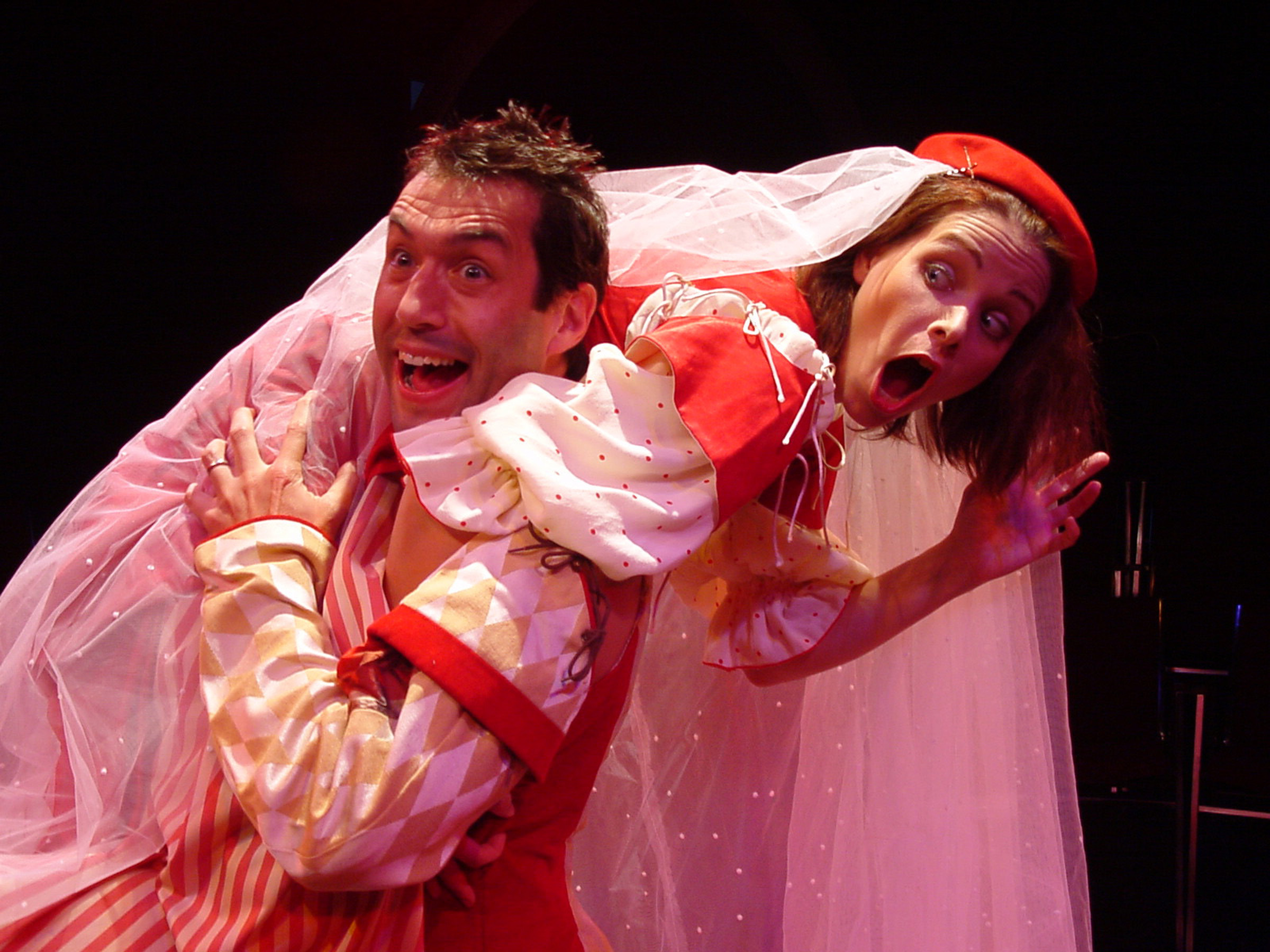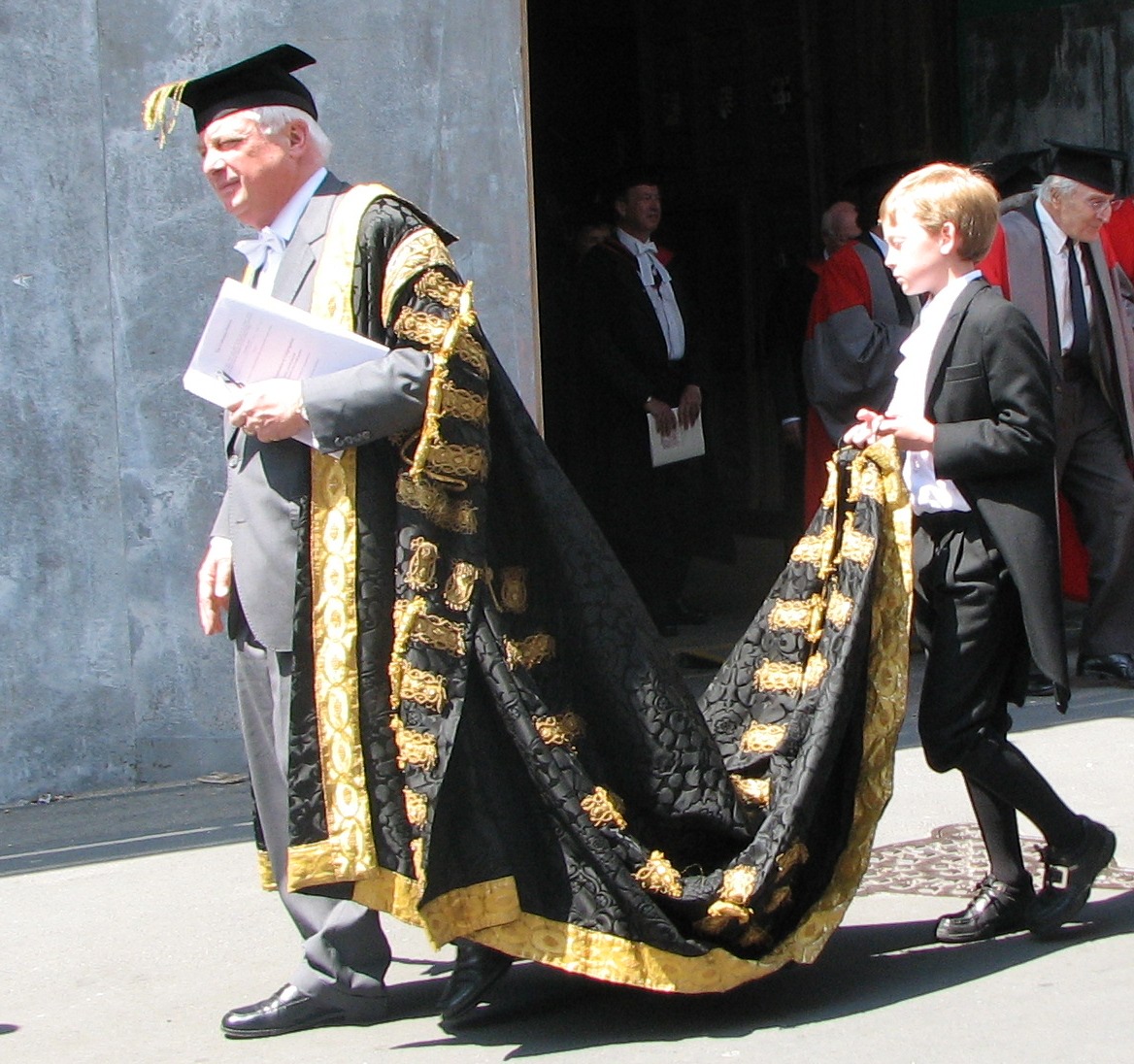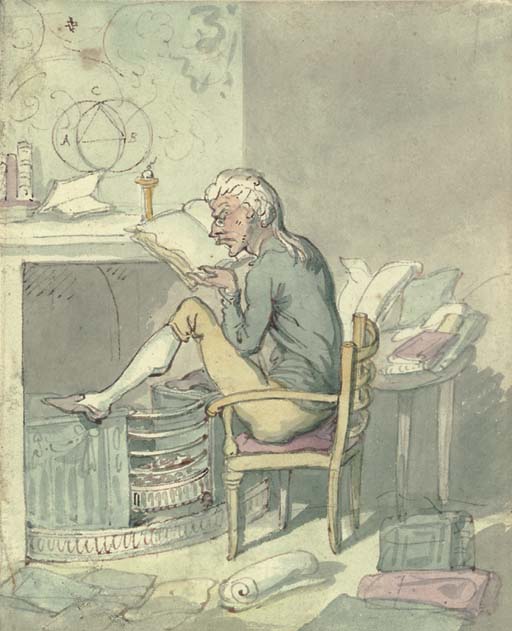|
The Taming Of The Shrew
''The Taming of the Shrew'' is a comedy by William Shakespeare, believed to have been written between 1590 and 1592. The play begins with a framing device, often referred to as the induction, in which a mischievous nobleman tricks a drunken tinker named Christopher Sly into believing he is actually a nobleman himself. The nobleman then has the play performed for Sly's diversion. The main plot depicts the courtship of Petruchio and Katherina, the headstrong, obdurate shrew. Initially, Katherina is an unwilling participant in the relationship; however, Petruchio "tames" her with various psychological and physical torments, such as keeping her from eating and drinking, until she becomes a desirable, compliant, and obedient bride. The subplot features a competition between the suitors of Katherina's younger sister, Bianca, who is seen as the "ideal" woman. The question of whether the play is misogynistic has become the subject of considerable controversy, particularly a ... [...More Info...] [...Related Items...] OR: [Wikipedia] [Google] [Baidu] |
McLintock!
:''See also McClintock (other)'' ''McLintock!'' is a 1963 American Western comedy film, starring John Wayne and Maureen O'Hara, directed by Andrew V. McLaglen. The film co-stars Wayne's son Patrick Wayne, Stefanie Powers, Jack Kruschen, Chill Wills, and Yvonne DeCarlo (billed as special guest star). Loosely based on William Shakespeare's '' The Taming of the Shrew'', the project was filmed in Technicolor and Panavision, and produced by Wayne's company, Batjac Productions. In 1991, the film entered the public domain in the United States because the claimants did not renew its copyright registration in the 28th year after publication. Plot Tough cattle baron and town namesake George Washington "G.W." McLintock lives as a bachelor on his ranch. His wife, Katherine "Kate" McLintock, abandoned him with no explanation and become a socialite out East two years prior; his daughter, Rebecca "Becky" McLintock, is away finishing her college degree. In the town, G.W. ... [...More Info...] [...Related Items...] OR: [Wikipedia] [Google] [Baidu] |
Padua
Padua ( ; it, Padova ; vec, Pàdova) is a city and ''comune'' in Veneto, northern Italy. Padua is on the river Bacchiglione, west of Venice. It is the capital of the province of Padua. It is also the economic and communications hub of the area. Padua's population is 214,000 (). The city is sometimes included, with Venice (Italian ''Venezia'') and Treviso, in the Padua-Treviso-Venice Metropolitan Area (PATREVE) which has a population of around 2,600,000. Padua stands on the Bacchiglione River, west of Venice and southeast of Vicenza. The Brenta River, which once ran through the city, still touches the northern districts. Its agricultural setting is the Venetian Plain (''Pianura Veneta''). To the city's south west lies the Euganaean Hills, praised by Lucan and Martial, Petrarch, Ugo Foscolo, and Shelley. Padua appears twice in the UNESCO World Heritage List: for its Botanical Garden, the most ancient of the world, and the 14th-century Frescoes, situated in dif ... [...More Info...] [...Related Items...] OR: [Wikipedia] [Google] [Baidu] |
The Shrew Katherina (Hughes)
''The'' () is a grammatical article in English, denoting persons or things already mentioned, under discussion, implied or otherwise presumed familiar to listeners, readers, or speakers. It is the definite article in English. ''The'' is the most frequently used word in the English language; studies and analyses of texts have found it to account for seven percent of all printed English-language words. It is derived from gendered articles in Old English which combined in Middle English and now has a single form used with pronouns of any gender. The word can be used with both singular and plural nouns, and with a noun that starts with any letter. This is different from many other languages, which have different forms of the definite article for different genders or numbers. Pronunciation In most dialects, "the" is pronounced as (with the voiced dental fricative followed by a schwa) when followed by a consonant sound, and as (homophone of pronoun '' thee'') when followed by a ... [...More Info...] [...Related Items...] OR: [Wikipedia] [Google] [Baidu] |
Page (servant)
A page or page boy is traditionally a young male attendant or servant, but may also have been a messenger in the service of a nobleman. During wedding ceremonies, a page boy is often used as a symbolic attendant to carry the rings. Etymology The origin of the term is uncertain, but it may come either from the Latin ''pagus'' (servant), possibly linked to peasant, or an earlier Greek word (''pais'' = child). The medieval page In medieval times, a page was an attendant to a nobleman, a knight, a governor or a castellan. Until the age of about seven, sons of noble families would receive training in manners and basic literacy from their mothers or other female relatives. Upon reaching seven years of age, a boy would be sent to the castle, great house or other estate of another noble family. This would match the age at which apprenticeships or servants' employment would be entered into by young males from lower social classes. A young boy served as a page for about se ... [...More Info...] [...Related Items...] OR: [Wikipedia] [Google] [Baidu] |
Haberdasher
In British English, a haberdasher is a business or person who sells small articles for sewing, dressmaking and knitting, such as buttons, ribbons, and zippers; in the United States, the term refers instead to a retailer who sells men's clothing, including suits, shirts, and neckties. The sewing articles are called "haberdashery" in British English. The corresponding term is " notions" in American English where haberdashery is the name for the shop itself, though it's largely an archaicism now. In Britain, haberdashery shops, or "haberdashers", were a mainstay of high street retail until recent decades, but are now uncommon, due to the decline in home dressmaking, knitting and other textile skills and hobbies, and the rise of internet shopping. They were very often drapers as well, the term for sellers of cloth. __NOTOC__ Origin and use The word ''haberdasher'' appears in Chaucer's ''Canterbury Tales''. It is derived from the Anglo-French word ''hapertas'' meaning "sm ... [...More Info...] [...Related Items...] OR: [Wikipedia] [Google] [Baidu] |
Pedant
A pedant is a person who is excessively concerned with formalism, accuracy and precision, or one who makes an ostentatious and arrogant show of learning. Etymology The English language word ''pedant'' comes from the French ''pédant'' (used in 1566 in Darme & Hatzfeldster's ''Dictionnaire général de la langue française'') or its older mid-15th century Italian source ''pedante'', 'teacher, schoolmaster'. (Compare the Spanish ''pedante.'') The origin of the Italian ''pedante'' is uncertain, but several dictionaries suggest that it was contracted from the medieval Latin ''pædagogans,'' present participle of ''pædagogare'', 'to act as pedagogue, to teach' (Du Cange) (see pedagogy). The Latin word is derived from Greek , ''paidagōgós'', 'child' + 'to lead', which originally referred to a slave who escorted children to and from school but later meant "a source of instruction or guidance". Medical conditions Obsessive–compulsive personality disorder (OCPD) is in part char ... [...More Info...] [...Related Items...] OR: [Wikipedia] [Google] [Baidu] |
Ingénue
The ''ingénue'' (, , ) is a stock character in literature, film and a role type in the theater, generally a girl or a young woman, who is endearingly innocent. ''Ingénue'' may also refer to a new young actress or one typecast in such roles. The term comes from the feminine form of the French adjective meaning "ingenuous" or innocent, virtuous and candid. The term may also imply a lack of sophistication and cunning. Typically, the ''ingénue'' is beautiful, kind, gentle, sweet, virginal and often naïve; additionally, she is often in mental, emotional, or even physical danger—usually a target of the cad—whom she may have mistaken for the hero. The ''ingénue'' usually lives with her father, husband, or a father figure. The vamp (femme fatale) is often a foil for the ''ingénue'' (or the damsel in distress). The ''ingénue'' is often accompanied by a romantic side plot. This romance is usually considered pure and harmless to both participants. In many cases, the male ... [...More Info...] [...Related Items...] OR: [Wikipedia] [Google] [Baidu] |
Deliver Us From Eva
''Deliver Us from Eva'' is a 2003 American romantic comedy film starring LL Cool J and Gabrielle Union, revolving around LL's character Ray being paid to date a troublesome young lady named Eva (Union). It is considered by many as a modern update of William Shakespeare's play, ''The Taming of the Shrew''. It was released to the US theaters on February 7, 2003 by Focus Features, and also stars Essence Atkins, Duane Martin, and Mel Jackson. The title is a play on a line of the Lord's Prayer: "And lead us not into temptation, but deliver us from evil." Plot Evangeline (Eva for short) Dandridge works for The Los Angeles Health Department as an inspector, a job most suitable for her bossy and perfectionist nature. She and her sisters—Kareenah, Bethany, and Jacqui—have been taking care of each other since their parents died when they were young. As a result of the combination of her personality and her family's circumstances, Eva's level of involvement in her sisters' lives caus ... [...More Info...] [...Related Items...] OR: [Wikipedia] [Google] [Baidu] |
10 Things I Hate About You
''10 Things I Hate About You'' is a 1999 American teen romantic comedy film directed by Gil Junger and starring Julia Stiles, Heath Ledger, Joseph Gordon-Levitt, and Larisa Oleynik. The screenplay, written by Karen McCullah Lutz and Kirsten Smith, is a modernization of William Shakespeare's late-16th-century comedy ''The Taming of the Shrew'', retold in a late-1990s American high school setting. In the story, new student Cameron (Gordon-Levitt) is smitten with Bianca (Oleynik) and, in order to get around her father's strict rules on dating, attempts to get bad boy Patrick (Ledger) to date Bianca's ill-tempered sister, Kat (Stiles). The film is named after a poem written by Kat about her bittersweet romance with Patrick. Much of the filming took place in the Seattle metropolitan area, with many scenes shot at Stadium High School in Tacoma. Released March 31, 1999, ''10 Things I Hate About You'' grossed $60 million and received generally positive reviews from critics. ... [...More Info...] [...Related Items...] OR: [Wikipedia] [Google] [Baidu] |
Richard Burton
Richard Burton (; born Richard Walter Jenkins Jr.; 10 November 1925 – 5 August 1984) was a Welsh actor. Noted for his baritone voice, Burton established himself as a formidable Shakespearean actor in the 1950s, and he gave a memorable performance of Hamlet in 1964. He was called "the natural successor to Olivier" by critic Kenneth Tynan. A heavy drinker, Burton's perceived failure to live up to those expectations disappointed some critics and colleagues and added to his image as a great performer who had wasted his talent. Nevertheless, he is widely regarded as one of the most acclaimed actors of his generation. Burton was nominated for an Academy Award seven times, but never won an Oscar. He was a recipient of BAFTAs, Golden Globes, and Tony Awards for Best Actor. In the mid-1960s, Burton ascended into the ranks of the top box office stars. By the late 1960s, Burton was one of the highest-paid actors in the world, receiving fees of $1 million or more plus a share of th ... [...More Info...] [...Related Items...] OR: [Wikipedia] [Google] [Baidu] |
Elizabeth Taylor
Dame Elizabeth Rosemond Taylor (February 27, 1932 – March 23, 2011) was a British-American actress. She began her career as a child actress in the early 1940s and was one of the most popular stars of classical Hollywood cinema in the 1950s. She then became the world's highest paid movie star in the 1960s, remaining a well-known public figure for the rest of her life. In 1999, the American Film Institute named her the seventh- greatest female screen legend of Classic Hollywood cinema. Born in London to socially prominent American parents, Taylor moved with her family to Los Angeles in 1939. She made her acting debut with a minor role in the Universal Pictures film ''There's One Born Every Minute'' (1942), but the studio ended her contract after a year. She was then signed by Metro-Goldwyn-Mayer and became a popular teen star after appearing in ''National Velvet'' (1944). She transitioned to mature roles in the 1950s, when she starred in the comedy '' Father of the Bride'' (195 ... [...More Info...] [...Related Items...] OR: [Wikipedia] [Google] [Baidu] |



.png)





